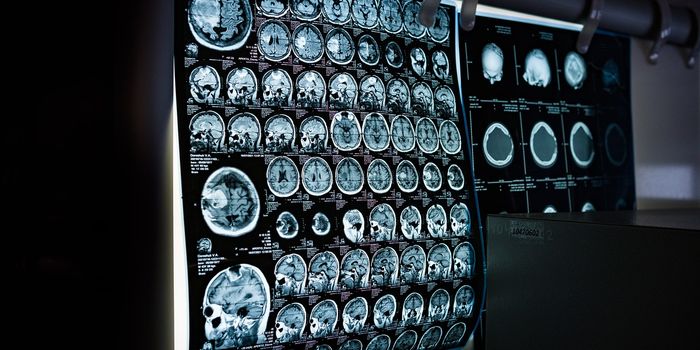Race disparities still exist among patients with lung cancer
Research published recently in the Journal of Surgical Oncology looks at the disparities in lung cancer treatment across race, concluding that while African American patients are more likely to receive the most effective treatment now than they were 10 years ago, there are still very present disparities.
The study considered patients with non-small cell lung cancer, one of the most fatal types of cancer. The most effective treatment for this disease requires surgery to remove a portion of the lung. Other treatments include two types of radiation therapy called stereotactic ablative radiotherapy (SABR) and external beam radiation therapy (EBRT), with SABR typically being more effective.
"We wanted to take a closer look at surgery - the most effective therapy - and how the two other second-line treatment options might affect the disparities in long-term outcomes across populations," says senior author Olugbenga Okusanya, MD, an Assistant Professor of Surgery at Thomas Jefferson University and researcher at the Sidney Kimmel Cancer Center - Jefferson Health. "There has been concern that these second-line treatments have been contributing to the disparity in outcomes."
To analyze this question, the researchers looked at data from 192,415 patients in the National Cancer Data Base who had received diagnoses of early-stage non-small cell lung cancer between 2004 and 2015. The population was made up of 91% white patients and 9% Black patients. "Few reports have included this many patients and looked at both surgery and radiation therapy," says Dr. Okusanya.
Dr. Okusanya’s findings show that the biggest disparity was in the use of surgery, a difference that was present throughout the entire time period analyzed. Additionally, comments Dr. Okusanya, their findings toppled the assumption that a higher presence of comorbidities in Black patients plays a role fewer instances of surgery. “We found that when Black patients get surgery there is actually a trend for them to have better survival than their white counterparts," says Dr. Okusanya. "We need to continue to reduce barriers to successful treatments for Black cancer patients. We know these disparities exist across cancer types and treatments and understanding some of the drivers of these inequities is key to fixing them."

"Lung cancer incidence and mortality in the Greater Philadelphia region is profound--far outstripping national averages. Studies such as these are critical for understanding factors that contribute to cancer disparities, and are part of the Sidney Kimmel Cancer Center's overarching mission to improve the lives of all cancer patients and their families," said Dr. Karen E. Knudsen, executive vice president of oncology services for Jefferson Health and enterprise director of the Sidney Kimmel Cancer Center - Jefferson Health. "Variances in care across demographics are simply unacceptable. Raising awareness to this issue through Dr. Okusanya's work is the first step toward meaningful change."
Sources: Journal of Surgical Oncology, Eureka Alert








